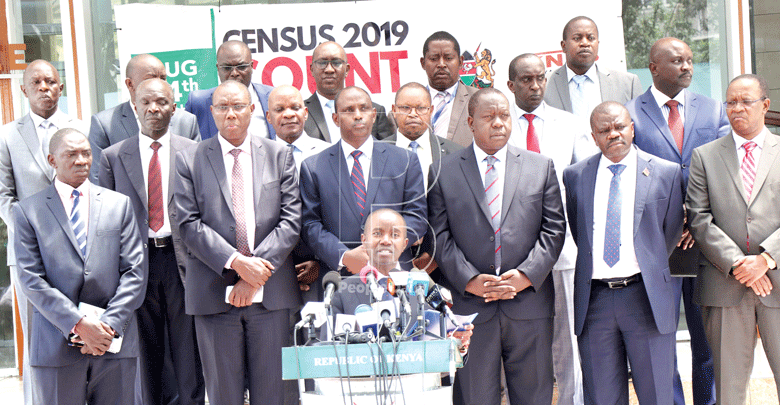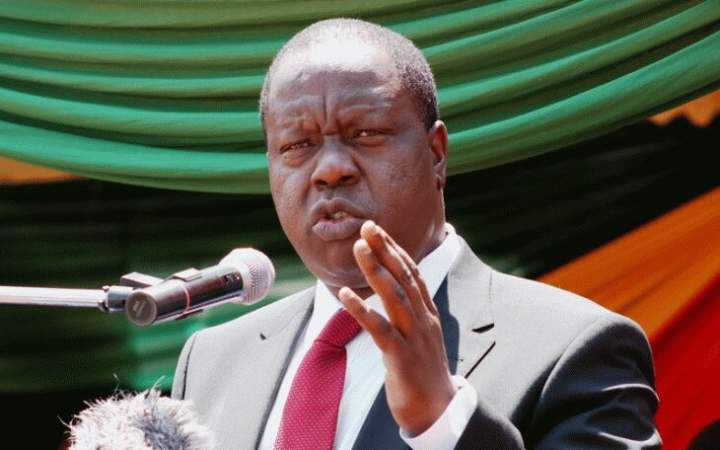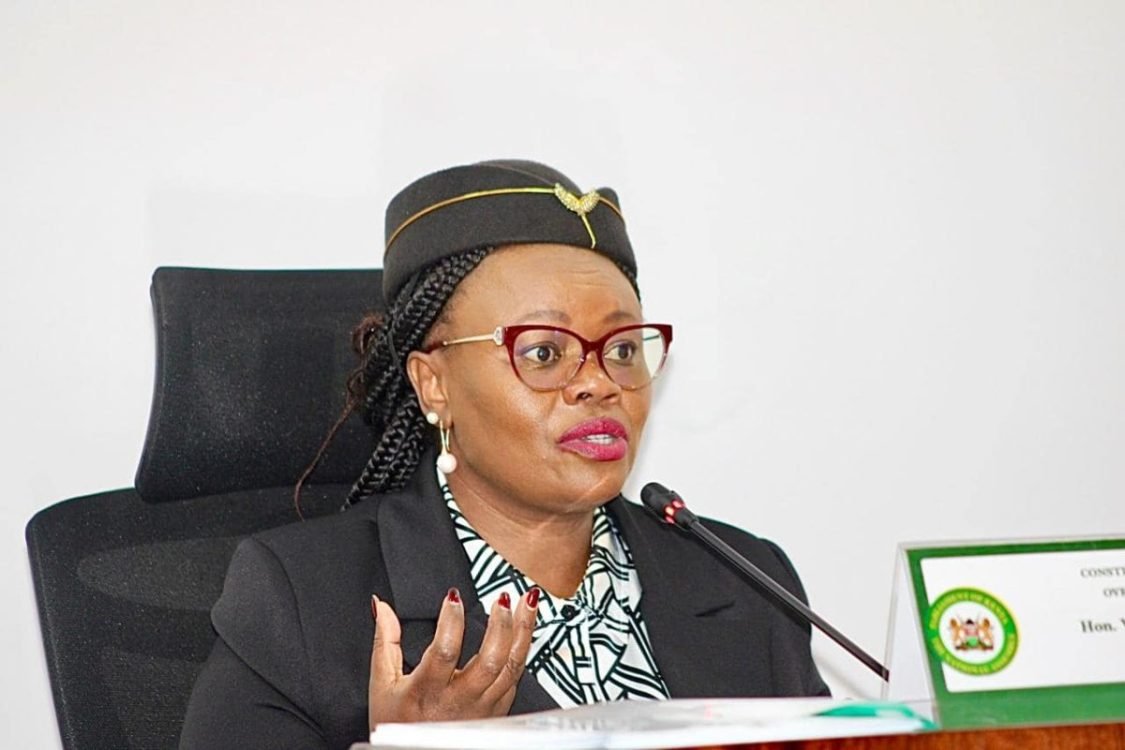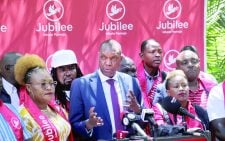National Census: It’s all systems go for eigth national count

It is all systems go as the Kenya National Bureau of Statistics kicks off the first ever paperless housing population census tomorrow, with the government assuring Kenyans that the process and results will be transparent and accurate, amid concerns from politicians.
Cabinet Secretaries Fred Matiang’i (Interior), Ukur Yatani (acting National Treasury and Planning) and Joseph Mucheru (ICT), in a joint presser at Harambee House yesterday said all was in place, from security, dispatch of devices to be used, salaries for the enumerators and data management.
According to the government, the application of technology, which will see the data captured using mobile devices and transmitted digitally, will guarantee speed and accuracy, and also ensure audit capability in case a dispute arises on the results.
Already, a section of political leaders have been demanding that KNBS ensures the process is credible, fearing that the results could be doctored, allegedly because the previous exercises were skewed in favour of some regions for political reasons.
Shipping people
Some politicians, afraid that their legislative areas could be scrapped due to low population and governors eyeing more resources in their counties, have been running campaigns to encourage people to move back to their respective villages for the count.
But Matiang’i said the political class, who are hoping to use the results to estimate the number of voters in their respective regions ahead of 2022 election, should stop politicising the exercise, adding that with the preparations and the mode of implementation, there is nothing to worry.
He said intelligence received indicated that some politicians had met on Wednesday night to plan massive transfer of people to the villages, a thing he described as primitive.
“Asking people to move from this part of the country to the other so that they can be counted is a primitive habit that should be stopped. We are monitoring and watching and we know some leaders met last night (to plan the transfers) and within the appropriate time, they will meet the law,” the CS said.
Matiang’i said his ministry had issued a circular requiring all police officers be on duty throughout the exercise, with sources indicating that more than 140,000 officers have been deployed to man the exercise which will also have the military deployed to bolster security.
Yatani said for the past three years, the government has been preparing for the exercise, including mapping all the households as a way of ensuring accuracy in the outcome, adding that though those in the Diaspora will not be counted, their information will be captured.
“We have spent a longer time than before preparing for the exercise, especially on mapping to identify the households which must balance with the end results. The end results will be accurate,” he said.
The state is spending Sh18.5 billion in the entire exercise but the budget, according to Yattani, is spread across a five-year period, starting from 2016 when the design development and planning was done at a cost of Sh255 million.
This was followed by cartographic mapping which was carried out for two-and-a-half years at a total of Sh3 billion while public and advocacy gobbled up Sh500 million.
According to Yatani, who is also the Labour CS, a pilot project of the exercise was done at a cost of Sh118 million.
The main exercise which kicks off tomorrow and runs for seven days, will cost Sh10 billion, most of which will cover the remuneration of the 163,400 officers —138,572 enumerators, 22,268 content supervisors and 2,467 Information Communication and Technology (ICT) supervisors.
129,123 of the enumerators will cover the conventional households while an estimated 9,000 others will cover the special population which comprises of those in prisons, police cells, admitted in hospitals and travellers.
Another Sh3 billion will be spent on ICT equipment and software, while an extra Sh200 million will be spent on analysis and dissemination of the results which will start after three months when preliminary results will be out, thing that has never happened before.
The basic information will be released after six months while the in-depth analytical details will be released after one year.
Mucheru said fast release of the results will be made possible by the application of technology, adding that they have put in place on data management measures to ensure the information safe.
The tablets which will be used are seven inch and will be operated using locally developed software, a thing which the CS said will ensure that the transmission and processing of the information will be under control.
Further, the government has created a special network for sending data to the server, which has a storage capacity of 40 terabytes although, according to the CS, the required space to save the entire information is just three terabytes.
With the special network, Mucheru said no other devices can transmit data to the server other than those issued to the enumerators, which were assembled locally and are protected to ensure accuracy of the data.
“We have ensured that we have several security measures put in place to ensure that all the information that we collect is not only stored in a secure place but we have full redundancy. (Also) we are able to ensure the transmission and processing of the data is accurate (and) within our control,” he said
Further, Mucheru said IT experts will be monitoring everything is being transmitted on continuous basis to ensure quality.












